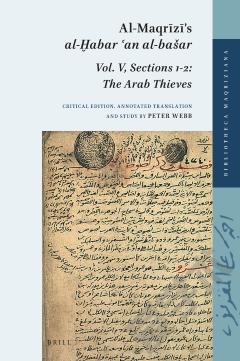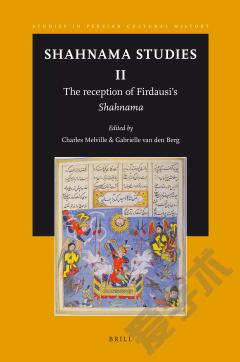Virtues of the Imam Ahmad ibn Hanbal: Volume Two
Ahmad ibn Hanbal (d. 241 H/855 AD), renowned for his profound knowledge of hadith-the reports of the Prophet's sayings and deeds-is a major figure in the history of Islam. Ibn Hanbal's piety and austerity made him a folk hero, especially after his principled resistance to the attempts of two Abbasid caliphs to force him to accept rationalist doctrine. His subsequent imprisonment and flogging became one of the most dramatic episodes of medieval Islamic history. Ibn Hanbal's resistance influenced the course of Islamic law, the rise of Sunnism, and the legislative authority of the caliphate. Virtues of the Imam Ahmad ibn Hanbal is a translation of the biography of Ibn Hanbal penned by the Baghdad preacher, scholar, and storyteller, Ibn al-Jawzi (d. 597 H/1201 AD). It includes insights into Ibn Hanbal's childhood, travels, and teachings, as well as descriptions of his way of life. This second and final volume gives a vivid account of Ibn Hanbal's legendary confrontation with the caliphal Inquisition, including his imprisonment, trial, and flogging. Ultimately, it recounts how the people of Baghdad came to admire him as a symbol of Sunni Islam.
{{comment.content}}








 京公网安备 11010802027623号
京公网安备 11010802027623号